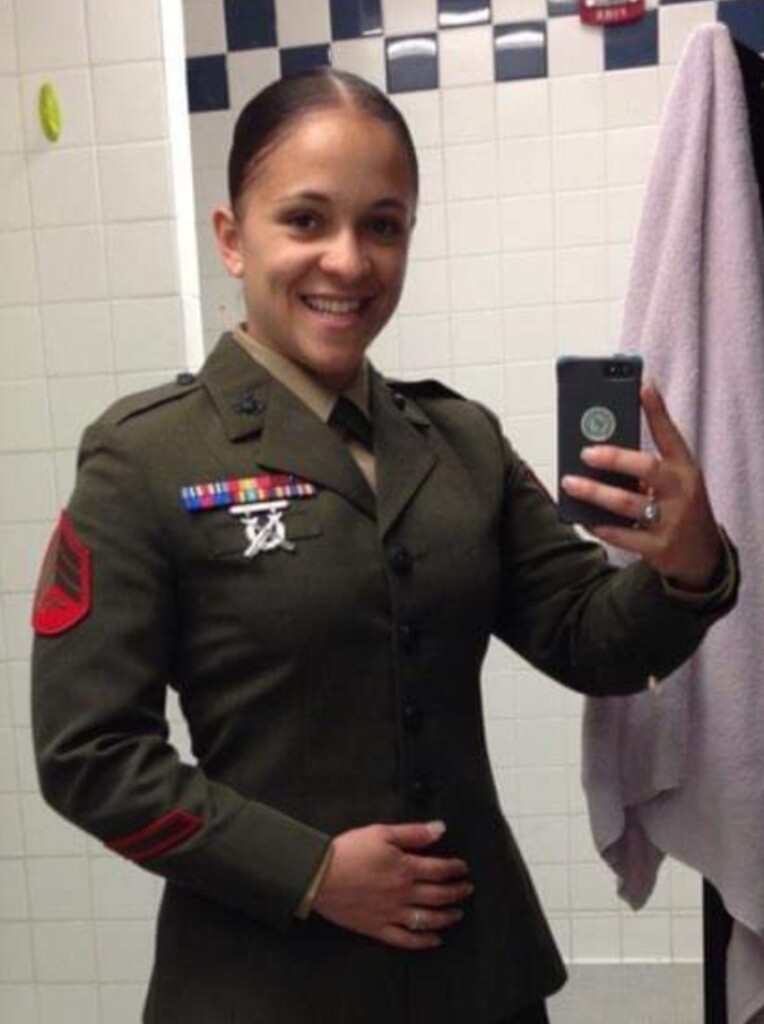
Two South Carolina parents are fighting to reclaim the power to direct their children’s education after a state Supreme Court ruling ripped it away only weeks into the new school year.
Yamilette Albertson Rodriguez and Constantine Shulikov teamed up with the national nonprofit law firm Institute for Justice to file a lawsuit Thursday to restore South Carolina’s Education Scholarship Trust Fund (ESTF) program. Lawmakers passed the program last year so that children from low-income families could use the scholarships to attend private schools. The education savings account also lets parents direct funding to buy approved education-related materials.
The parents' lawsuit, filed in the South Carolina Supreme Court, challenges the federal constitutionality of a state Department of Education policy that prohibits parents from using their children’s scholarships to pay for tuition at private schools. That policy came after the South Carolina Supreme Court ruled that letting the parents spend their funds on private school tuition violated the state’s constitutional ban on direct aid to private schools.
The parents’ lawsuit contends the state court ruling and resulting education department policy violates the U.S. Constitution.
“Because of this prohibition, five thousand low-income families lost the ability to use their scholarships to attend private schools,” said IJ educational choice attorney David Hodges. “This is a travesty not only for these children, but for the rule of law. These education scholarships were meant for every family — not every family except the ones who choose a type of education that the state constitution disfavors.”
South Carolina’s ESTF program was created in 2023. The program gives thousands of qualifying, low-income families a $6,000 scholarship that parents can use to purchase educational expenses. When the program was created, qualifying expenses included, among other things, tuition and fees at public and private schools, textbooks and curriculum for homeschooling, tutoring, school supplies, therapies, exams, and extracurricular activities, as well as any other educational expense approved by the state Department of Education.
Once the program was signed into law Rodriguez and Shulikov jumped at the opportunity to send their children to private schools that better fit their educational needs than the public schools in which they were enrolled. But, due to the Department of Education’s response to the ruling, the quarterly payments cannot be used on tuition anymore.
“It feels like I’ve had the rug pulled out from under me,” said Rodriguez, a Marine veteran who used funds from the program to enroll her 17-year-old daughter and 6-year-old twin sons in a private school. “My kids are succeeding in subjects that they used to struggle in, but without the scholarship money, I’m not sure how I’m going to afford tuition.”

Yamilette Albertson Rodriguez is one of two South Carolina parents suing to restore the state's Education Trust Fund Scholarship program.
Rodriguez, who was deployed to the Middle East to help conduct counter-piracy operations, is the sole income provider in her household. In addition to providing for her three children, she takes care of her 65-year-old father who recently moved in due to chronic health issues, including cancer. She felt her daughter’s original public school was below her expectations. Now, her daughter is succeeding in class and receiving support to pursue higher education. The teenager is so passionate about the education she’s receiving that she offered to get a job at a shoe store to help pay for her brothers to also attend the school. The job made the difference. Between Rodriguez's and her daughter’s earnings, Albertson’s savings, and the ESTF Program, the family was able to pull together enough money to pay for the education of all three children at the school. The court ruling, issued just weeks after the start of the 2024-25 school year, sent scholarship families scrambling for alternatives.
A $900,000 donation from billionaire Jeffrey Yass and other charitable contributions threw them and other families a lifeline, but that lasts only until the end of 2024.
The issue for South Carolina and 37 other states, has what is called a “Blaine Amendment.” These amendments, named after former Maine Sen. James Blaine, typically restrict public funds from being used for the “aid” or “benefit” of religious schools. However, South Carolina’s Blaine Amendment goes much further than those in other states and bans public funds from being spent “for the direct benefit” of any private school, regardless of religion. It is this provision, as interpreted by the South Carolina Supreme Court, that the South Carolina Department of Education is now using to justify its ban on the use of the ESTF Program to pay for private school tuition and fees.
IJ’s lawsuit argues that the state’s application of its Blaine Amendment is unconstitutional under two landmark United States Supreme Court cases: Meyer v. Nebraska, which recognized the right of parents to direct the education of their children; and Pierce v. Society of Sisters, which held that this right includes the right to send one’s children to a private school.
“South Carolina allows low-income families to use their scholarship funds on virtually any type of educational expense, public or private, except one: tuition at a private school,” IJ senior attorney Michael Bindas explained. “The state is penalizing parents who choose private schools for their children, a choice protected by the U.S. Constitution. The state cannot point to the South Carolina Constitution as justification for this discrimination, because the federal Constitution prohibits it.”